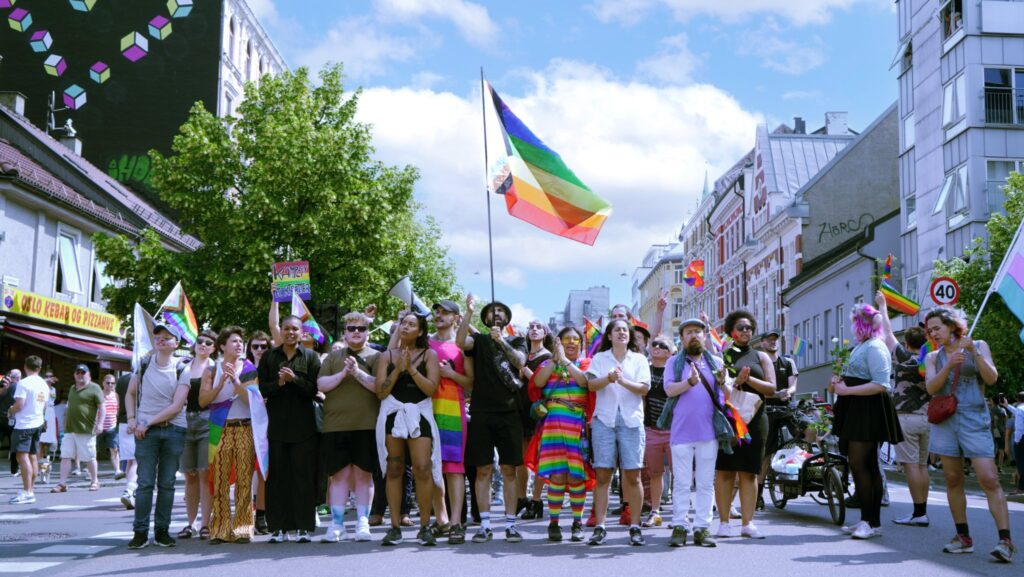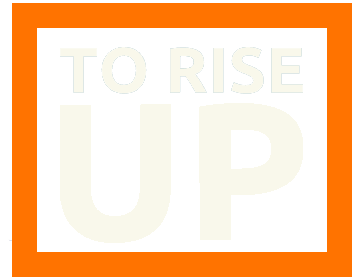
Dialogue and Reflection on the Rights Struggles of Queer Immigrants in Norway (2022)
Project Description
In 2022, the Invisible Voices project was launched to organize workshops, produce informational videos, and host events featuring a group of city of refuge writers who had sought asylum in Norway. These individuals had been forced to flee their home countries due to persecution related to their literary or artistic work, activism, and queer identities.
The project aimed to foster reflection and dialogue by examining Norway’s progress in LGBTQ+ rights over the past 50 years and comparing it to the ongoing struggles faced by queer immigrants. It sought to shed light on these experiences, making them an integral part of Norway’s queer history and broader human rights discourse. A key focus was on self-acceptance and the challenges of being part of multiple marginalized communities.
Invisible Voices also worked to elevate the voices of city of refuge writers and artists, providing them with a platform in Norwegian public discourse. The initiative aimed to raise awareness of the discrimination they had endured and continued to face while supporting those who feared coming out due to the risk of intimidation or social control within their communities.
Additionally, the project sought to establish a lasting support network, both for participants and for other individuals navigating similar experiences. Over the course of the project, gatherings were held to strengthen professional and social networks, and participants engaged in skill-building activities. Prior to 2022, the resource group had already been active for over a year, organizing events in collaboration with the Norwegian city of refuge network and participating in Pride celebrations in Larvik, Trondheim, Lillehammer, and Oslo.
Objective and Background
The decriminalization of homosexuality in Norway did not guarantee freedom and acceptance for all members of the LGBTQ+ community. Queer individuals with immigrant backgrounds frequently experienced deep-seated shame and guilt associated with their identities. Many queer refugees had come from countries where homosexuality remained criminalized, either through legal statutes or societal norms that treated LGBTQ+ individuals as criminals, outcasts, or morally inferior.
In Norway, many immigrant communities continued to experience negative social control, which contributed to significant societal challenges. Queer immigrants, in particular, often faced multiple layers of discrimination—exclusion from their ethnic communities, marginalization within the broader LGBTQ+ movement, and systemic barriers to social and economic integration. These intersecting challenges had become an integral part of Norway’s contemporary human rights struggle, underscoring that the fight for equality was still ongoing for many who were not ethnically Norwegian.
Through this project, Invisible Voices sought to highlight these issues, raise awareness, and provide support to those struggling to navigate these complexities. By amplifying the voices of queer immigrants and city of refuge writers, the initiative aimed to empower individuals to share their experiences—not only within Norway but also in advocating for change in their countries of origin.
Format and Activities
The project centered around four key themes, which were explored through workshops, video content, and public discussions. These themes reflected different stages of participants’ journeys and the challenges they faced:
- Childhood and Upbringing – Exploring early experiences of identity, family expectations, and cultural influences.
- Coming Out to Oneself – Addressing internal struggles, self-acceptance, and personal growth.
- Migration to Norway – Examining the challenges of seeking asylum, adapting to a new culture, and navigating legal and social systems.
- Living Openly in Society – Discussing integration, visibility, and activism within Norwegian society and beyond.
Each thematic video was approximately six minutes long and combined poetry, storytelling, and theoretical reflections, followed by group discussions. In addition to utilizing participants’ own literary and artistic works as discussion points, the project invited guest speakers, including artists, writers, and scholars, to contribute insights and perspectives.
The Role of Literature and Storytelling
A significant component of Invisible Voices was its use of literature as a tool for empowerment and visibility. Many poets and writers had been punished or exiled due to their sexual orientation, yet their works served as powerful testimonies of resilience. By featuring these narratives, the project aimed to provide solace and inspiration to those struggling with their identities, offering them a sense of belonging in their new homeland.
The initiative also collaborated with Pride in Trondheim, adult education centers, and organizations such as Skeiv Verden and Salam to facilitate workshops where these videos served as a foundation for group discussions. Through these engagements, participants had the opportunity to share their experiences, challenge societal perceptions, and advocate for greater inclusivity.
Project Summary (2022)
The Invisible Voices project, conducted in 2022, provided a platform for queer city of refuge writers in Norway, many of whom had been persecuted due to their literary work, activism, or LGBTQ+ identity. The initiative examined the evolution of LGBTQ+ rights in Norway over the past five decades while shedding light on the continued struggles of queer immigrants—particularly in relation to self-acceptance and intersectional discrimination.
By amplifying the voices of queer refugees, the project sought to bring greater visibility to their experiences, foster community support, and create spaces where individuals could engage in meaningful dialogue. A core focus was on supporting those who remained in the shadows due to fear of social control or threats from their communities.
Target Audience
The primary audience for the project included:
- Immigrants, particularly newly arrived asylum seekers and refugees attending adult education centers and integration programs.
- The broader LGBTQ+ community, including activists, scholars, and cultural organizations interested in intersectionality and queer migration.
- Norwegian society at large, to foster awareness and promote acceptance of queer immigrants.
- Professionals working with marginalized communities, including educators, social workers, and policymakers, who could use the project’s materials for training and awareness initiatives.
Beyond addressing immediate concerns, the project aimed to challenge attitudes within immigrant communities, promote greater acceptance of LGBTQ+ minorities, and provide long-term educational resources for those working in multicultural and queer advocacy spaces.
Conclusion
By providing a safe space for storytelling, artistic expression, and dialogue, Invisible Voices played a crucial role in bridging the gap between Norway’s established LGBTQ+ movement and the ongoing struggles of queer immigrants. The project not only highlighted the resilience of its participants but also underscored the need for continued advocacy and systemic change to ensure that all LGBTQ+ individuals—regardless of their backgrounds—could live freely and with dignity.
